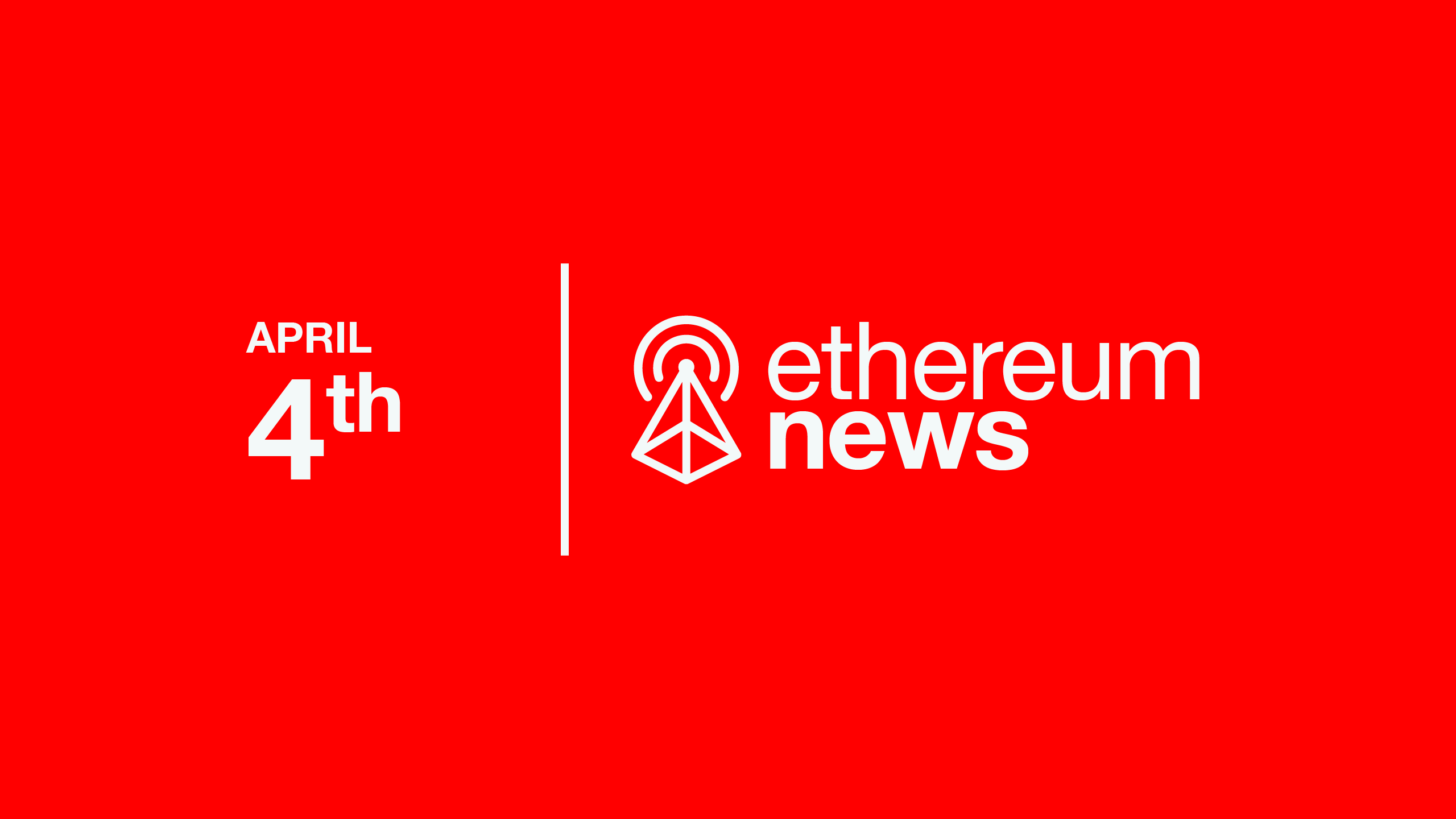OP Incentives Go Live On Exactly Protocol
Exact.ly will distribute a total of 600,000 OP tokens over the next six months.

Quick Take
- A validator drains $25 million from Flashbots MEV bots.
- Flashbots issues a patch in MEV Boost Relay.
- The Euler exploiter returns an additional $31 million.
- Developers plan a post-Shapella devnet for EIP-4844.
Listen on: Apple | Castbox | Spotify | YouTube | Lens
This episode is made possible thanks to Ether Capital!

Looking for more transparency when it comes to your staking operations? Try out Ether Capital’s new staking dashboard. It’s a free analytics tool that tracks your rewards and monitors validator performance. Register today to try out the free beta version of Ether Capital’s staking dashboard: beta.ethcap.co
Optimism Highlights 🔴✨
OP Incentives Go Live On Exactly Protocol
Exactly Protocol, a variable and fixed interest rate lending protocol, kicked off OP incentives on its platform. The protocol will distribute a total of 600,000 $OP tokens over the next six months. Only deposits and borrows on the protocol’s Optimism markets are eligible for incentives. Eligible assets include USDC and ETH. Users who interacted on Exactly prior to the start of OP incentives will automatically earn rewards on eligible positions. Exactly adopted a rewards model that uses a recursive token distribution system. Opposed to a fixed emission schedule, the model uses deposit and borrow values, the price of $OP, and the utilization rate to determine reward emissions.
Validator Drains $25 Million From MEV Bots
A rogue Ethereum validator drained over $25 million worth of assets from Flashbots MEV bots. The validator, which joined the network on March 15th, essentially front-ran the MEV bots, causing them to lose out on their MEV. The targeted bots are sandwich-attacking MEV bots, which are participants that profit from front-running user transactions. The rogue validator was able to replace an MEV-bot’s backrun transaction in a sandwich attack with its own transaction. MEV bots typically increase the price of an asset with a large buy order, execute a user’s buy order, and then sell their own assets at the higher price. The attacker insterted a transaction that sold its own assets at the higher price, preventing MEV bots from selling their assets for profit.
Flashbots Issues Patch In MEV Boost Relay
Flashbots developers released mev-boost-relay v1.0.0-alpha3, an update to its relay software that includes a patch for the recent MEV vulnerability. According to Flashbots engineer Chris Hager, the vulnerability related to a relay publishing the block payload to the proposer even though parts of the beacon block were incorrect. This allowed a proposer to view the contents of a block before the finalization of the next block. The new release requires the beacon block to be successfully sent to the beacon network through local beacon nodes first before the block is released to the proposer. The patch also adds a delay in the response as a precaution.
Euler Exploiter Returns Remaining Funds
The Euler exploiter has returned all recoverable funds to the DeFi protocol. On Monday afternoon, the exploiter sent three transactions worth $31 million to the Euler multisig, including one for 12 million DAI, a second for 8,080 ether, and a third for 2,500 ether. Euler called off its $1 million bounty for information leading to the exploiter’s arrest. The non-recoverable funds from the exploit include 1,100 ether deposited into Tornado Cash and 100 ether sent to a sanctioned wallet address associated with the Ronin bridge hack. The exploiter had drained ~$200 million worth of assets on March 13th. Euler stated it will release details in the coming days for the restoration of user assets.
Developers Plan Post-Shapella EIP-4844 Devnet
Core developers expect to deploy an EIP-4844 devnet on top of Shapella within weeks after the upgrade. Developers have previously deployed 4 devnets for EIP-4844, but expect the post-Shapella deployment to be long-running. A devnet is a testnet environment that allows developers to test EIPs. Researcher Terence Tsao shared that while Optimistic rollup teams have provided positive feedback on EIP-4844, ZK Rollup teams have stated they may not prioritize the EIP as their top choice.

